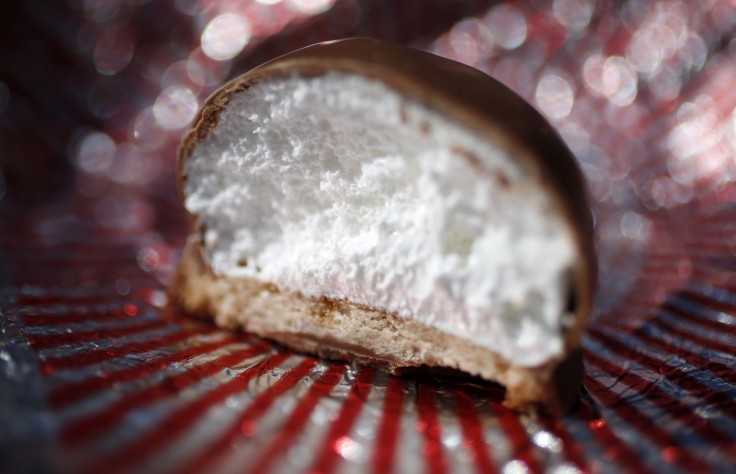Scottish Independence: Scotland Urged to Plan for IP and Copyright Laws in Case of 'Yes' Vote

Scotland has been warned that in the event of independence it will have to "act urgently" to protect its brands from copyright infringement and counterfeiting.
Currently, Scottish brands are protected by UK intellectual property (IP) law, whereby they register their patent, copyright or design rights with the Intellectual Property Office in Newport, Wales. The law, however, is enforced locally, usually through the Court of Sessions in Edinburgh, which has a dedicated team of IP judges.
The Institute of Trademark Attorneys has warned that while they will retain intellectual property rights in the UK, these would not apply to a newly-independent Scotland "without appropriate transitional and permanent provisions for a separate register of Scottish IP rights".
The Scottish National Party's (SNP's) white paper on independence, published in November 2013, stakes its IP protection on future European Union membership, saying that it will meet European regulations and directives on IP production as well as international trademark and patent protection.
It reads: "We will ensure continuity of the legal framework for protecting intellectual property rights. Independence will also allow Scotland to offer a simpler and cheaper, more business-friendly model than the current UK system, which is bureaucratic and expensive, especially for small firms.
"The UK is one of the few EU countries which does not offer a scheme which covers the basics of protection. Scotland could follow, for example, the German model, which protects technical innovations."
However, with EU membership not guaranteed to be an immediate transition, the ITMA President Chris McLeod said Scottish brands need to be forward-thinking in their approach to IP.
"Within Scotland itself, iconic brands such as McVitie's, Johnnie Walker, House of Fraser or Lipton tea could lose their brand protection in the country from which they originated. Many of the long established independent whisky distilleries could also be under threat from imitation" he said.
"To ensure that independent Scotland protects its brands within its own borders, the Scottish Government would need to establish its own laws relating to the registration and enforcement of trademarks and design to prevent infringement."
Post-referendum, there will be a negotiation period, with a deadline of May 2016 set, during which the technical fallout of a vote for either side will be ironed out. It's likely that during this period, clarity over Scotland's future IP institution would be established.
"Intellectual property is a fundamental part of most business models. But in theory, if Scotland cannot negotiate EU membership during its 16-month transition period, brands in Scotland would not be protected by any European-wide laws either. So for a modern, successful future, Scotland needs more detailed options on how the law would make provision for IP rights under independence," McLeod added.
Speaking to IBTimes UK on the eve of the referendum, Oliver Tidman, a Scottish solicitor at Briffa Intellectual Property and Information Technology Lawyers, suggested that the situation should be resolved within the negotiation period and that most large brands will have already been planning for each eventuality.
"I am not aware of any detailed consideration having been given to the impact of Scottish independence on the scope and validity of existing national registrations, such as UK trade marks or patents. The White Paper contains a commitment to ensure the continuity of the existing legal framework for protecting intellectual property so, provided agreement is reached, it seems likely that existing UK registered rights would remain.
"However, in the event of a "yes" vote, it will be interesting to see whether future UK registered rights would still be obtained via the UK Intellectual Property Office or whether a Scottish IPO would be established. As companies in Scotland continue to invest in tangible assets, it's vital they are assured of the continued ability to protect and exploit their IP whether Scotland remains part of the UK or not."
© Copyright IBTimes 2025. All rights reserved.






















